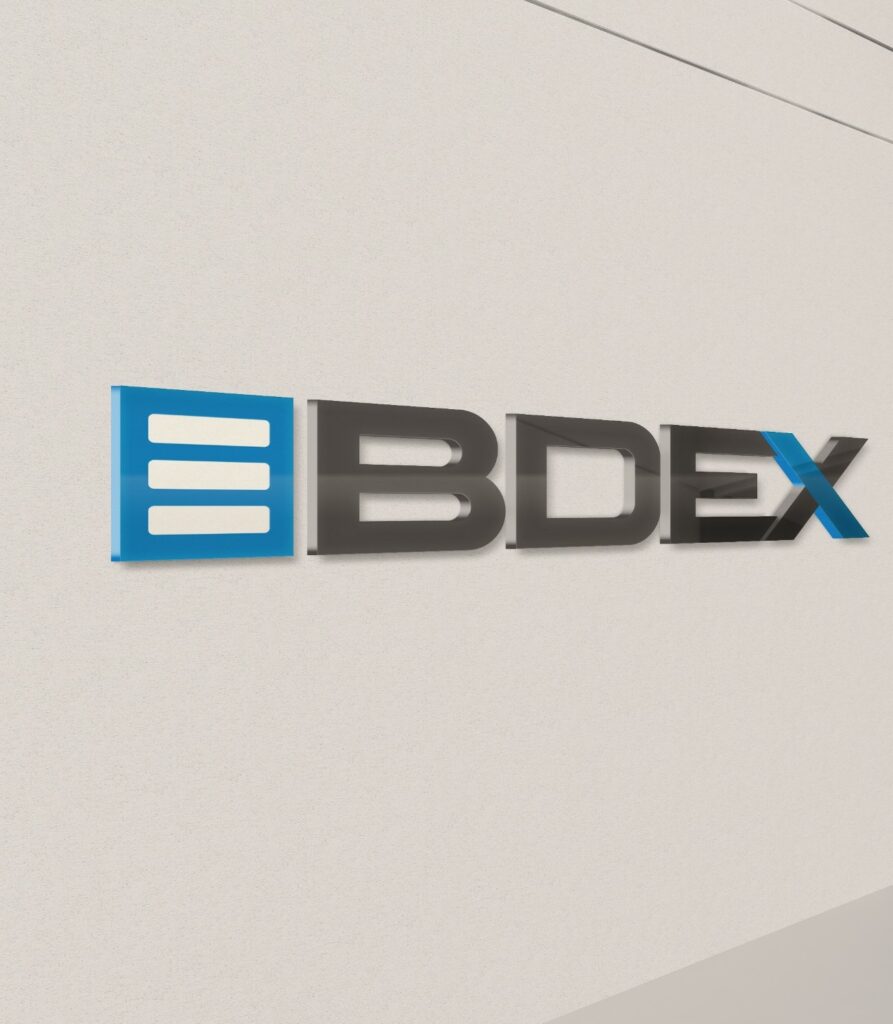Only get the targeted marketing data you need, when you need it
One of the elements of successful marketing is knowing your audience. Whether you’re trying to sell a phone or a shower curtain, knowing which people are potential customers is essential. Otherwise, you’re unlikely to sell anything at all.
Buying data, then, is an essential part of the process of finding customers. Through this information, companies can learn what consumers are buying, how much they are paying, where they are making their purchases, and how likely they are to repeat them. Unfortunately, many data brokers are more concerned with the quantity than the quality of the data they provide.
One of the largest problems that come from working with such great quantities is that data becomes too broad to actually be useful. Let’s say, for example, that a customer fits a demographic and predictive profile of people who are likely to buy a home, based on past data that shows 10% of that group with similar characteristics will be in the market. That means, at best, 90% of the dollars spent on marketing to the group will be wasted.
Many data firms, however, are going to give companies that big, non-specific list based on predictive data. It will likely target and reach some people who are interested in buying a house, but at what cost? In a traditional data licensing agreement, it’s all or nothing; companies pay to license the entire file.
Many data companies may not care if their clients are only looking for data about specific demographics or regions, forcing them to pay for data they cannot even use. A home appliance company that only serves Florida does not need information about Maine, after all. And a law firm that specializes in divorce does not need information about teenagers. But the complete dataset purchased from some data brokers will have all of that information, which then needs to be whittled down in-house, creating an additional expense in the form of the expertise and man-hours needed to manage the data.
A subscription model like BDEX, however, completely changes this
In a subscription model that involves real-time data, the client only receives the consumer information that they want, when they want it. If a company is only interested in people who live or work in downtown Pittsburgh who are actively shopping for a home online or in-person, that’s the information that a subscription will provide. Gone is the need to sieve aimlessly through a thousand faceless names, trying to poke and prod until you find information that can be used for marketing.
Take a look at a specific example: Let’s say a marketer wants to identify and reach out to people who collect antiques. With BDEX’s geofencing capability, a marketer can actually see that a collector has spent time at a brick-and-mortar antique store. Thanks to online behavioral date, they can also see that he’s been visiting eBay and antique websites online. These elements are fused with specific variables (say, home address and potentially many other factors) and the marketer receives a customized list of only the names of these highly-specific targets individuals who are actively looking to buy collectibles in a geographic area, all the way down to the specific zip codes.
That list may only be 10 people a month, based on the parameters.
With a standard data company, a marketer might instead buy a list of people in the antiquing demographic, and it would take hours to sort the relevant elements and find a way to advertise to collectors along with a bunch of people who aren’t collectors. A subscription model eliminates these inefficiencies. Your company can advertise to consumers more efficiently than its competitors, and get your customer those antiques (or cars, homes, furnishings, etc.) even more quickly.
Additionally, a subscription model may help you find customers that other models are not even able to detect. If everyone is using the same data collecting techniques, then all of your competitors will end up advertising to the same people, whether or not it is effective. The data gets stale and overused and suddenly people are seeing ten ads a day for sinks they already bought, which is a massive waste of money. A subscription, on the other hand, allows marketers access to consumers that traditional models might not pick up those whom are looking to buy now.
All of this serves to make a subscription model more competitive in a changing marketplace. Subscriptions allow businesses to adapt on the fly without having to sort through gigabytes of useless information, giving them the edge they need to market successfully.
To start making a highly-specific data subscription model work for your marketing campaigns, call us at 917-410-6616 or send an email to info@bdex.com.



